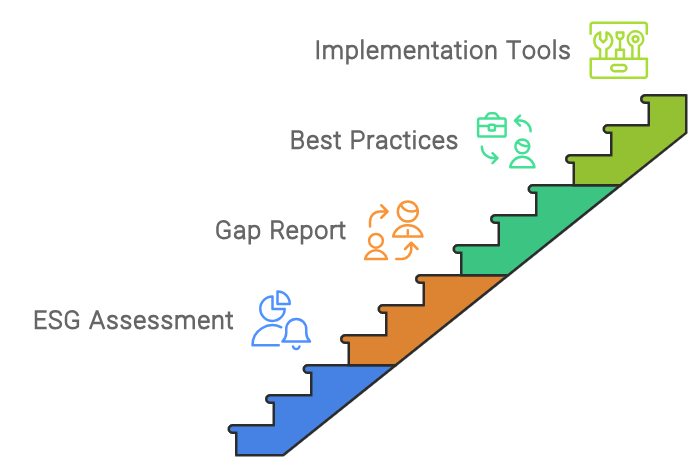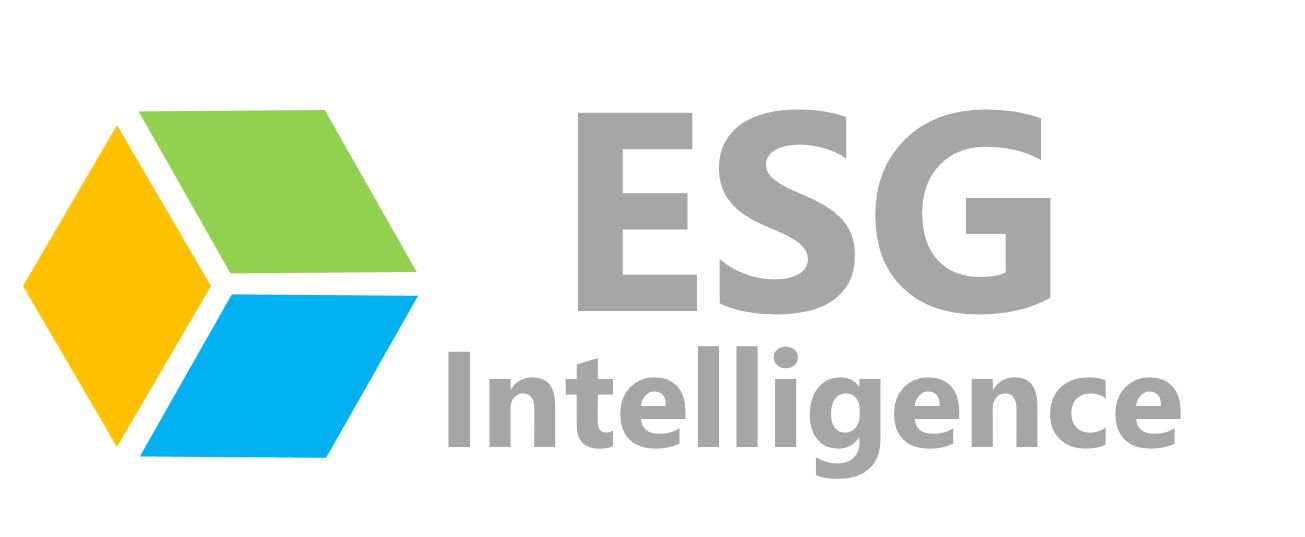Supplier Sustainability Engagement
4-Step Supplier Sustainability Engagement SolutionsSupply Chain Sustainability is Essential for Corporate Sustainability
%
ESG Impact in the supply chain
The importance of supplier sustainability engagement, or a sustainable supply chain is reflected in the findings from IBM that state that 85% of a company’s ESG Impact, and 90% of its emissions occur in its supply chain, therefore, addressing this is critical for the company’s ESG performance.
ESG Intelligence can make it simple for you and your suppliers
Supplier Sustainability Engagement Process

Why us?
Highly customizable and modular approach
Choose Engagement level depending on the crticiality of the supplier
Flexibility to focus on specific sustainability areas
Proprietary AI-driven Model to suggest best practices
Request a Call to Learn How ESG Intelligence can Advance your Sustainability Efforts
How Supplier Sustainability Engagement Impacts Your Business?
In today’s increasingly interconnected world, businesses are recognizing that their sustainability efforts cannot be limited to their own operations. The ripple effects of a company’s activities extend far beyond its own walls, particularly through its supply chain. This is why supplier sustainability engagement has become a crucial aspect of modern business strategy.

Strengthening Risk Management
One of the primary reasons to engage critical suppliers on sustainability issues is risk management. Suppliers that fail to adhere to environmental, social, and governance (ESG) standards can expose your business to significant risks, including supply chain disruptions, reputational damage, and regulatory penalties. For example, a supplier involved in unethical labor practices could lead to negative publicity that tarnishes your brand’s reputation. By actively engaging suppliers on sustainability, you can identify and mitigate these risks before they escalate into more serious problems.
Enhancing Brand Reputation
Consumers are more informed and concerned about sustainability than ever before. They want to know that the products they purchase are ethically sourced and produced. Engaging suppliers on sustainability issues helps ensure that your entire supply chain meets the high standards your customers expect. This can enhance your brand reputation, leading to increased customer loyalty and a competitive edge in the marketplace. A robust supplier sustainability engagement strategy signals to consumers that your business is committed to ethical practices throughout its supply chain.


Driving Innovation and Efficiency
Supplier sustainability engagement can also drive innovation and operational efficiency. When you collaborate with suppliers to improve their sustainability practices, you encourage them to find innovative solutions that reduce waste, conserve resources, and minimize environmental impact. This can lead to cost savings and more efficient processes across your supply chain. For instance, a supplier that adopts energy-efficient technologies can pass on cost savings to your business, while also reducing the carbon footprint associated with your products.
Ensuring Compliance and Future-Proofing Your Business
As governments worldwide tighten regulations related to environmental and social responsibility, engaging suppliers on sustainability issues helps ensure compliance with these evolving standards. By proactively addressing these issues, your business can stay ahead of regulatory changes and avoid potential fines or legal challenges. Moreover, demonstrating a commitment to supplier sustainability engagement can make your business more attractive to investors, who are increasingly prioritizing ESG criteria in their investment decisions.

